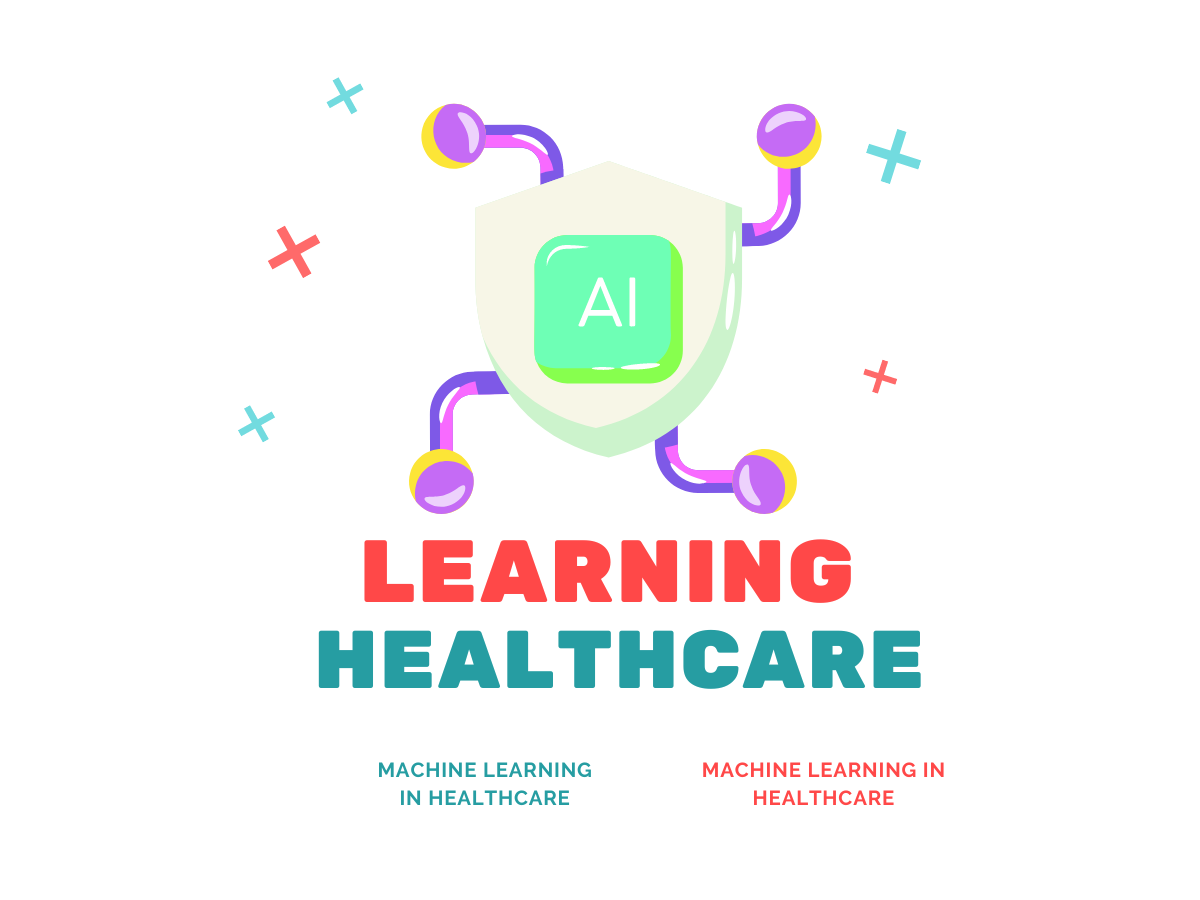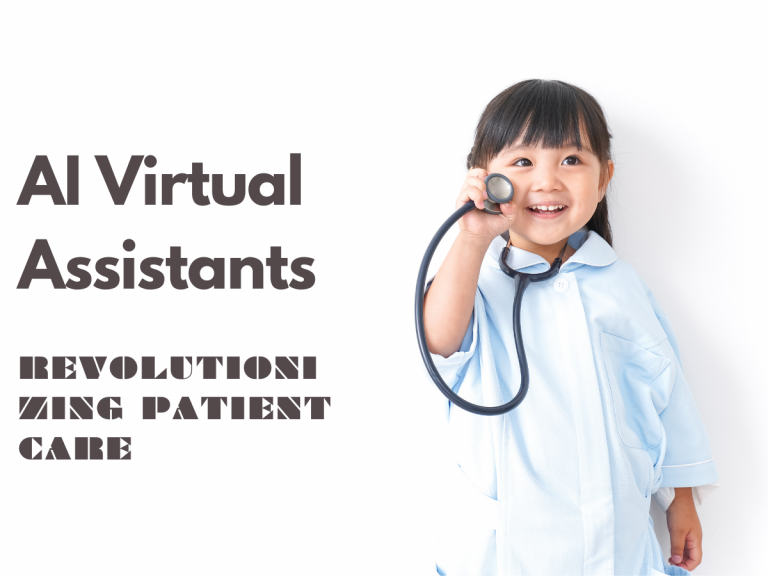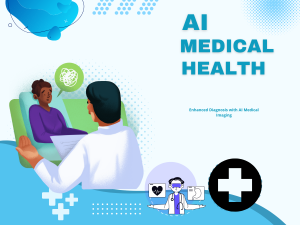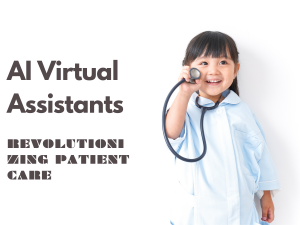1. Introduction
Machine learning involves the development of algorithms that enable computers to learn patterns from data and make predictions or decisions without explicit programming. In healthcare, machine learning leverages the power of data to derive meaningful insights, facilitate accurate diagnoses, and personalize treatment plans.
2. Applications of Machine Learning in Disease Diagnosis
Machine learning algorithms can analyze vast amounts of patient data, including medical records, lab results, and imaging scans, to aid in disease diagnosis. By detecting patterns and anomalies, these algorithms can provide clinicians with valuable insights, leading to more accurate and timely diagnoses. For example, machine learning models have shown promising results in diagnosing conditions like cancer, cardiovascular diseases, and neurological disorders.
3. Enhancing Medical Imaging with Machine Learning
Medical imaging plays a pivotal role in diagnosing and monitoring medical conditions. Machine learning, including deep learning, has significantly enhanced the accuracy and efficiency of medical image analysis, providing valuable insights. These algorithms detect subtle abnormalities, enable early disease detection, and empower radiologists to make informed decisions.
4. Predictive Analytics for Personalized Treatment
One of the most significant advantages of machine learning in healthcare is its ability to predict patient outcomes and personalize treatment plans. By analyzing historical patient data, machine learning models can identify risk factors, predict disease progression, and recommend optimal treatment options. This approach allows healthcare providers to deliver more targeted and effective interventions, ultimately improving patient outcomes.
5. Machine Learning in Drug Discovery and Development
The process of discovering and developing new drugs is complex and time-consuming. Machine learning algorithms can streamline this process by analyzing large datasets, identifying potential drug candidates, and predicting their effectiveness. This not only accelerates the drug discovery process but also reduces costs associated with unsuccessful trials, bringing innovative treatments to patients faster.
6. Improving Healthcare Operations with Machine Learning
Machine learning techniques can also be applied to optimize healthcare operations and resource management. By analyzing historical data, these algorithms can predict patient demand, optimize staffing levels, and streamline workflow processes. This leads to improved operational efficiency, reduced costs, and better resource allocation, ultimately benefiting both healthcare providers and patients.
7. Ethical Considerations in Machine Learning Healthcare
While machine learning brings numerous benefits to healthcare, it also raises important ethical considerations. Privacy, security, and the responsible use of patient data are critical aspects that need to be addressed. Healthcare organizations must ensure proper data protection measures and adhere to ethical guidelines to maintain patient trust and protect sensitive information.
8. Ai Overcoming Challenges in Implementing Machine Learning
Implementing machine learning in healthcare comes with its own set of challenges. These include data quality issues, interoperability challenges, regulatory compliance, and the need for skilled professionals. Overcoming these hurdles requires collaboration between stakeholders, investment in infrastructure, and ongoing research and development.
9. Conclusion
Machine learning has opened up new horizons in healthcare, transforming raw data into valuable insights that drive improved patient care, medical research, and operational efficiency. From disease diagnosis to personalized treatment, machine learning algorithms are revolutionizing the healthcare landscape. However, it is crucial to address ethical considerations and overcome implementation challenges to harness the full potential of machine learning in healthcare.
10. FAQs
1. How does machine learning contribute to disease diagnosis? Machine learning algorithms analyze patient data and detect patterns or anomalies, aiding in accurate and timely disease diagnosis.
2. Can machine learning improve the accuracy of medical imaging? Yes, machine learning techniques enhance medical image analysis, assisting in the early detection of diseases and providing more informed decisions for radiologists.
3. How does machine learning personalize treatment plans? By analyzing historical patient data, machine learning models predict patient outcomes, identify risk factors, and recommend personalized treatment options.
4. What role does machine learning play in drug discovery? Machine learning accelerates the drug discovery process by analyzing large datasets, identifying potential drug candidates, and predicting their effectiveness.
5. How can machine learning optimize healthcare operations? Machine learning algorithms predict patient demand, optimize staffing levels, and streamline workflow processes, leading to improved operational efficiency and better resource allocation.













+ There are no comments
Add yours